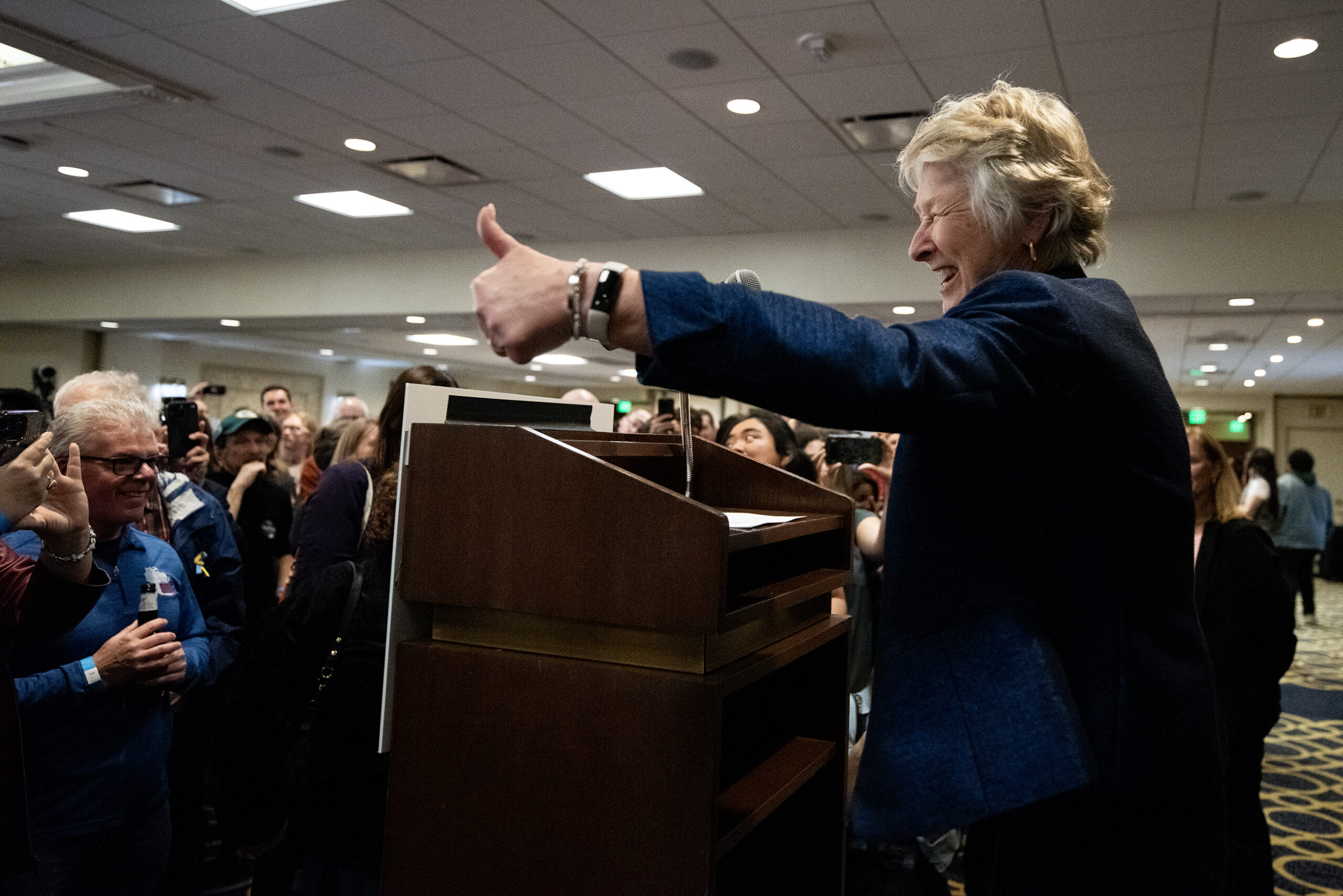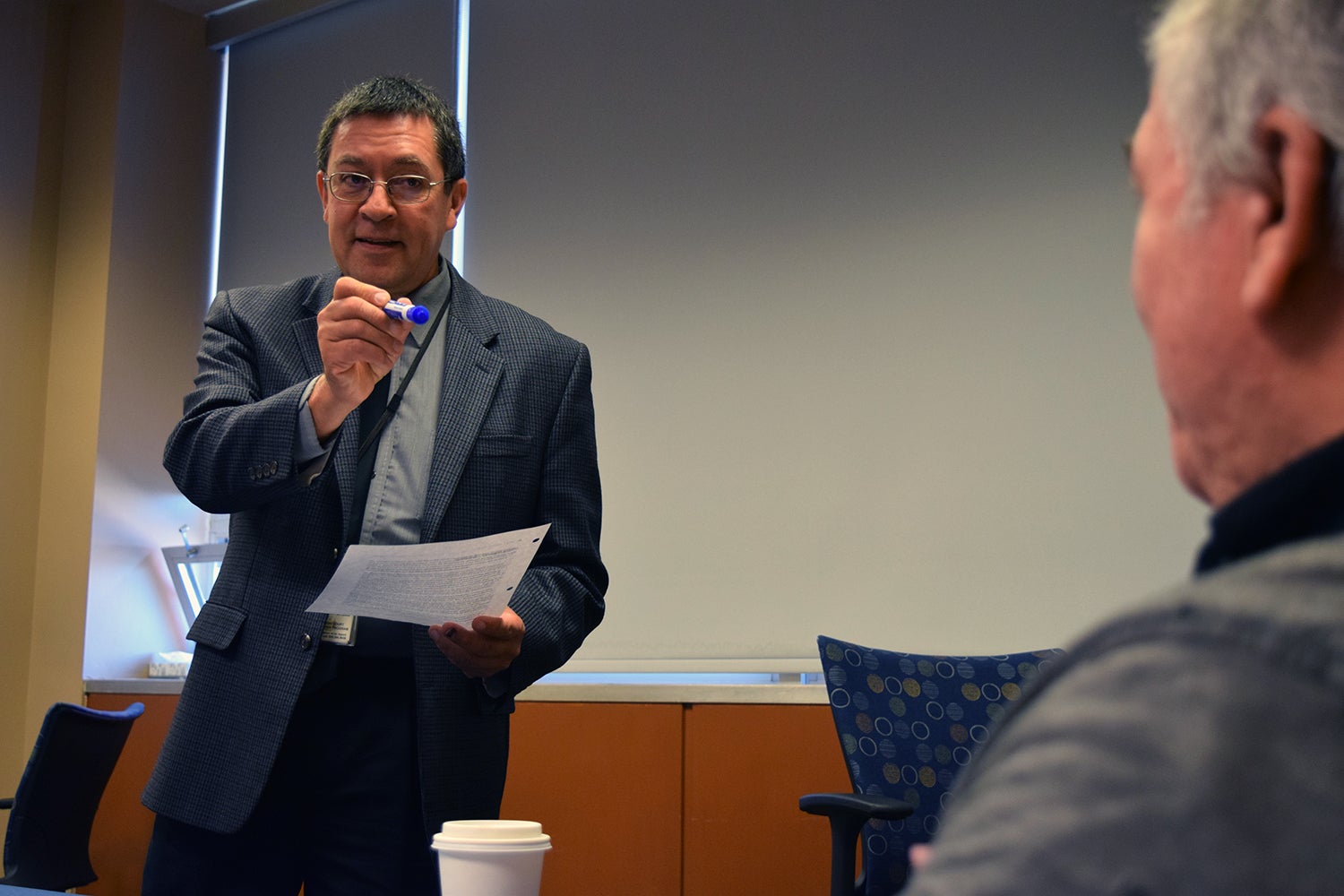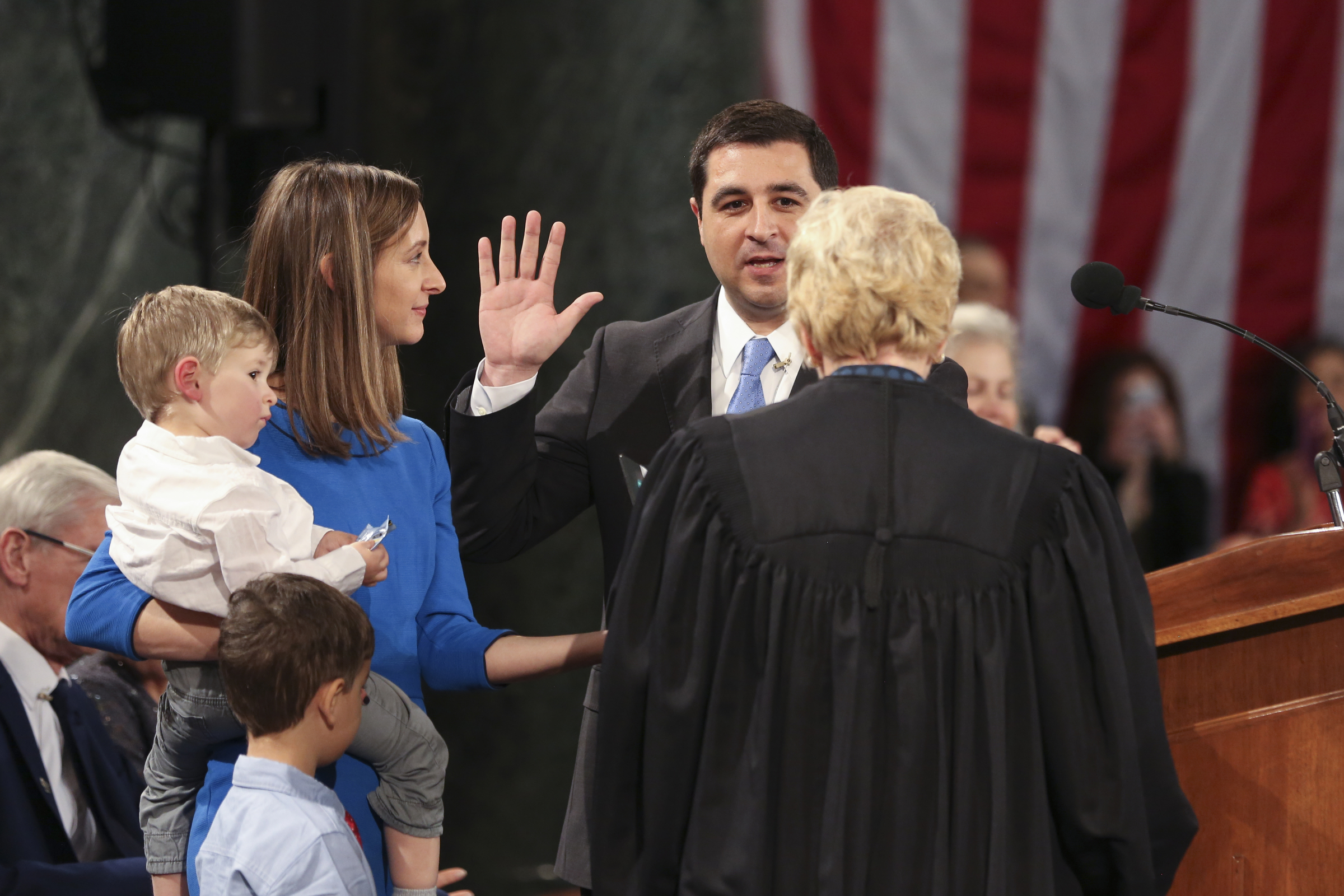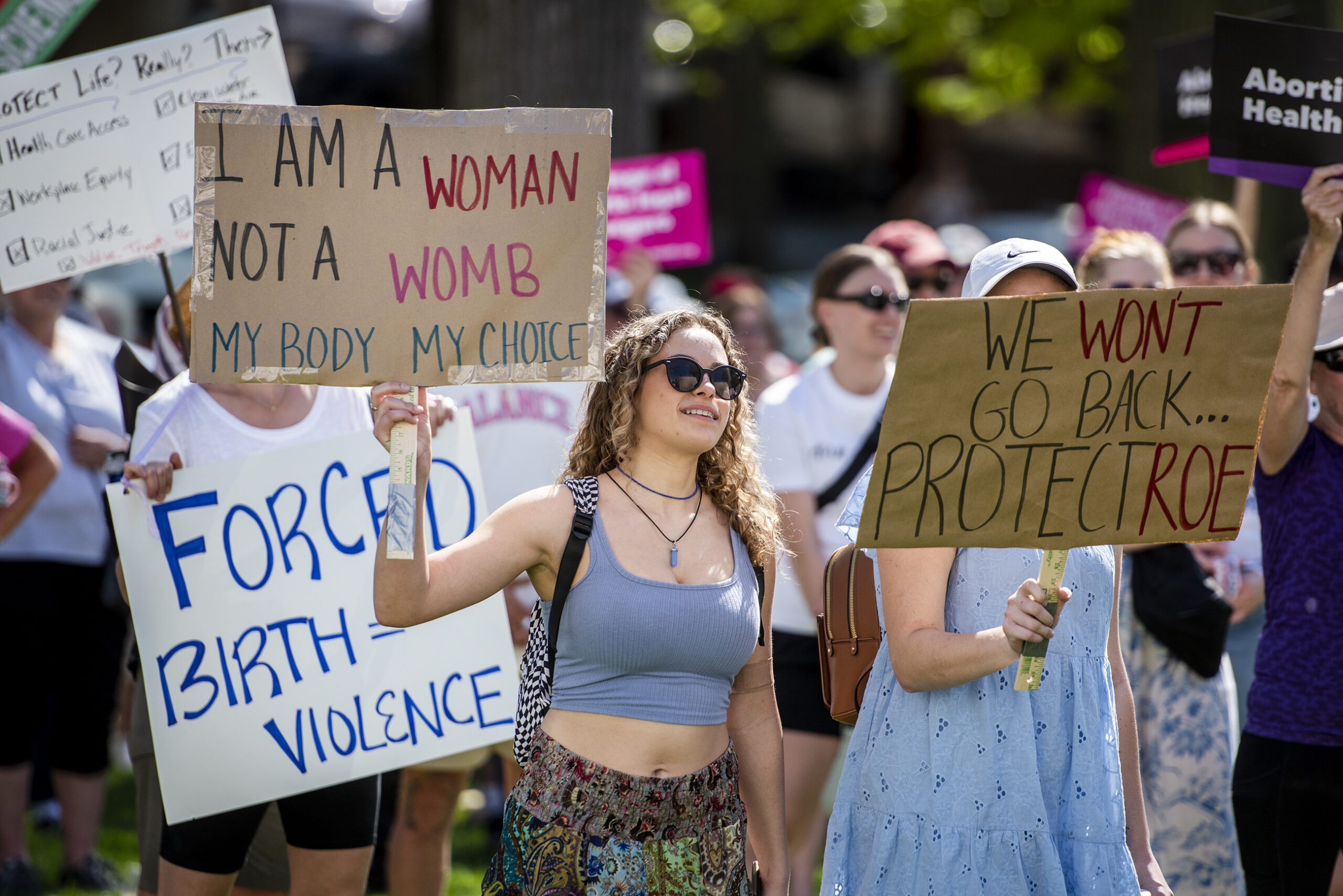During oral arguments before the Wisconsin Supreme Court on Monday, liberal justices who are part of the court’s majority voiced strong concerns over a 19th century law previously interpreted as banning abortions, suggesting it should not be used to prosecute abortion providers in the state.
The court is weighing a lawsuit from Wisconsin’s Democratic Attorney General Josh Kaul, which argues the long-dormant state law should not be enforced against abortion providers.
Kaul filed the suit in 2022, days after the U.S. Supreme Court overturned the national right to an abortion that had been established through Roe v. Wade.
Stay informed on the latest news
Sign up for WPR’s email newsletter.
Planned Parenthood has been providing abortions at three Wisconsin clinics since last year, citing a lower court decision. And, earlier this year, abortion provider Affiliated Medical Services reopened in Milwaukee after halting abortions in Wisconsin for nearly two years following Roe’s overturn.
But a yet-to-be-released ruling from the Wisconsin Supreme Court would likely be more conclusive, and could bring more clarity to abortion’s legal status in Wisconsin.
While a formal ruling isn’t expected for weeks, or months, liberal justices were critical of the pre-Civil War law during arguments, with Justice Jill Karofsky suggesting that if it were enforced, it would endanger the lives of pregnant people.
“They could all be denied life saving medical care, while the medical professionals who are charged with taking care from of them are forced to sit idly by,” Karofsky said.
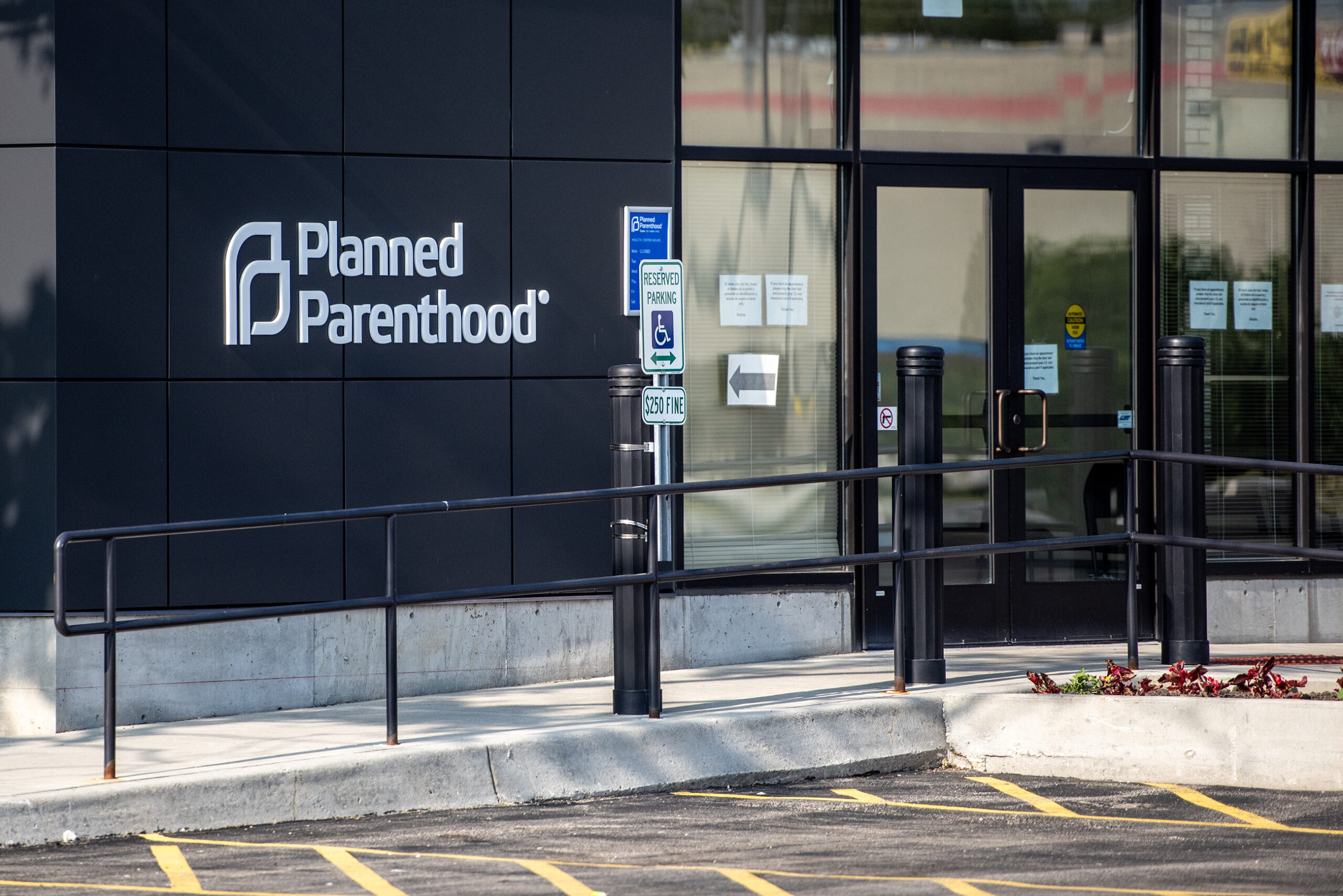
Republican district attorney is appealing lower court ruling
In 2023, a circuit court handed a victory to supporters of abortion rights when Dane County Judge Diane Schlipper ruled the 19th century law does not actually ban abortions if they’re done with a pregnant person’s consent.
Instead, Schlipper wrote that a Wisconsin Supreme Court decision from the 1990s shows the law criminalizes feticide, which is attacking a pregnant woman and destroying her pregnancy.
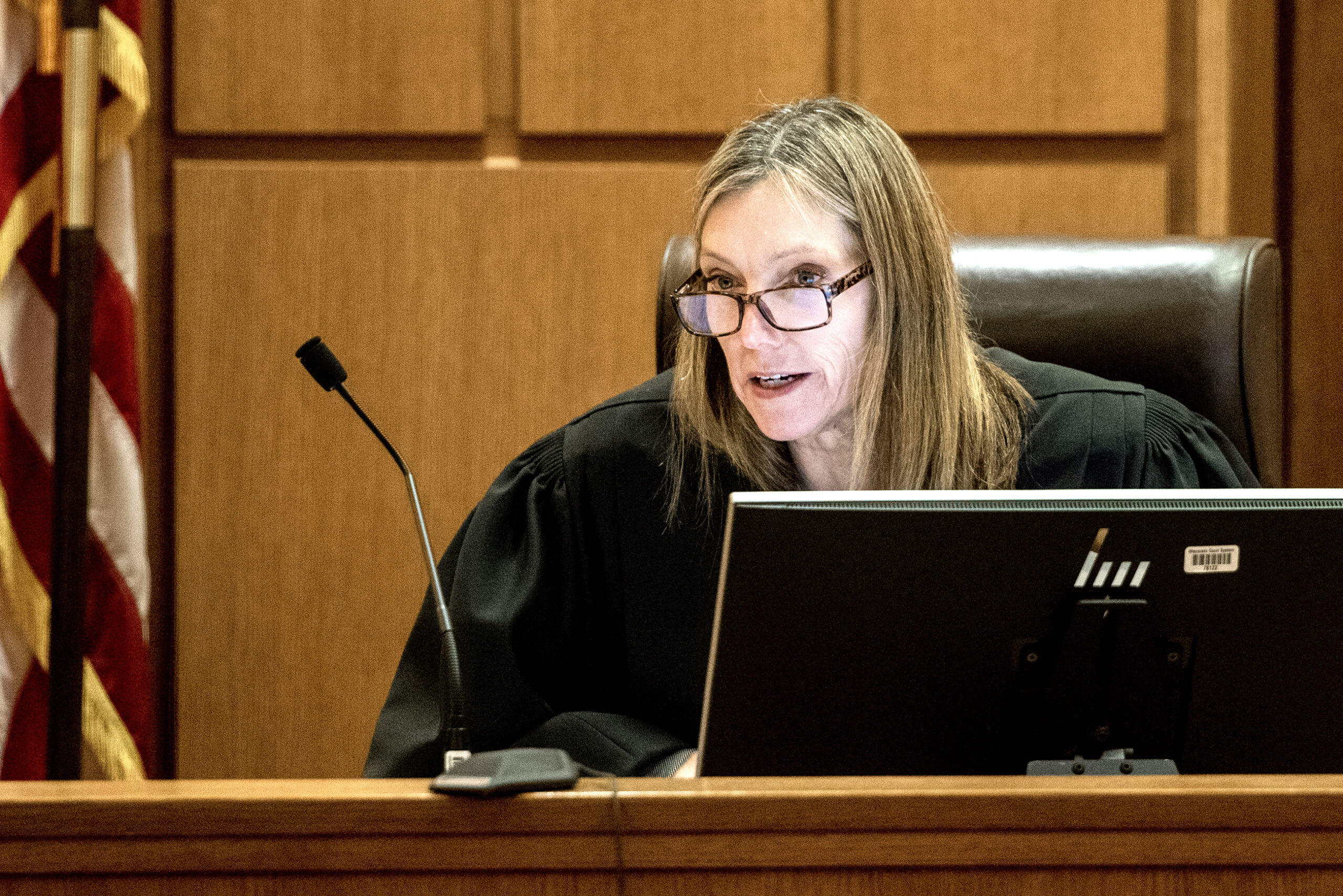
The law in question says that “any person, other than the mother, who intentionally destroys the life of an unborn child” is guilty of a felony.
After Sheboygan County District Attorney Joel Urmanski appealed the Dane County ruling, Wisconsin’s high court agreed to take up his appeal directly.
Matthew Thome, an attorney representing Urmanski, said during arguments Monday that under Wisconsin law, all abortions are banned, except those done to save a pregnant woman’s life.
“This case is not about what the law on abortion should be in the state of Wisconsin,” Thome said. “This case is about what the law on abortion currently is.”
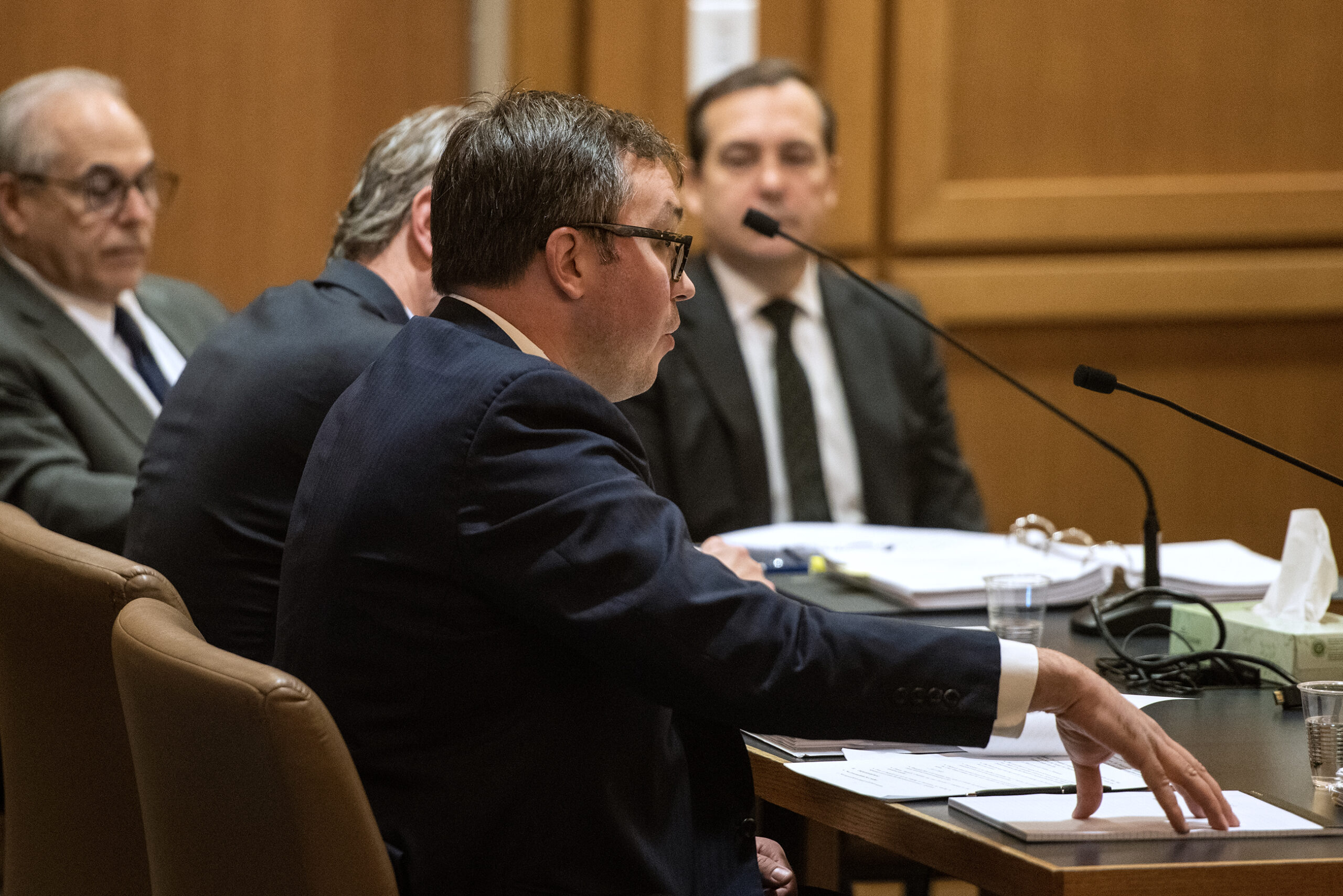
Kaul’s office contends that the Supreme Court should uphold the Dane County ruling by concluding the 19th century law bans feticide, instead of “consensual abortions.”
The attorney general has also advanced a line of argument, asserting the 1800s-era abortion ban is no longer enforceable because it’s been superseded by laws passed more recently. That includes laws enacted to regulate abortion in post-Roe Wisconsin, such as a ban on abortion after 20 weeks of pregnancy.
Liberal justices critical of 19th century law
In court on Monday, several liberal justices seemed sympathetic to the idea that the law, which was first enacted in 1849, has been “irreconcilably” contradicted by subsequent regulations on abortion.
“What about all those policy decisions?” liberal Justice Rebecca Dallet asked Thome, referring to Wisconsin’s post-Roe laws that restrict abortion. “What about everything that’s happened since 1849 in the policy choice that you’re talking about, that some white men who were property owners made?”
Justice Karofsky echoed those concerns.
“I am talking about the fact that these two statutes are irreconcilable,” Karofksy told Thome, referencing Wisconsin abortion laws. “And, under your interpretation, we are leaving the decision up to hospital ethicists and hospital attorneys instead of medical providers, and that concerns me greatly.”
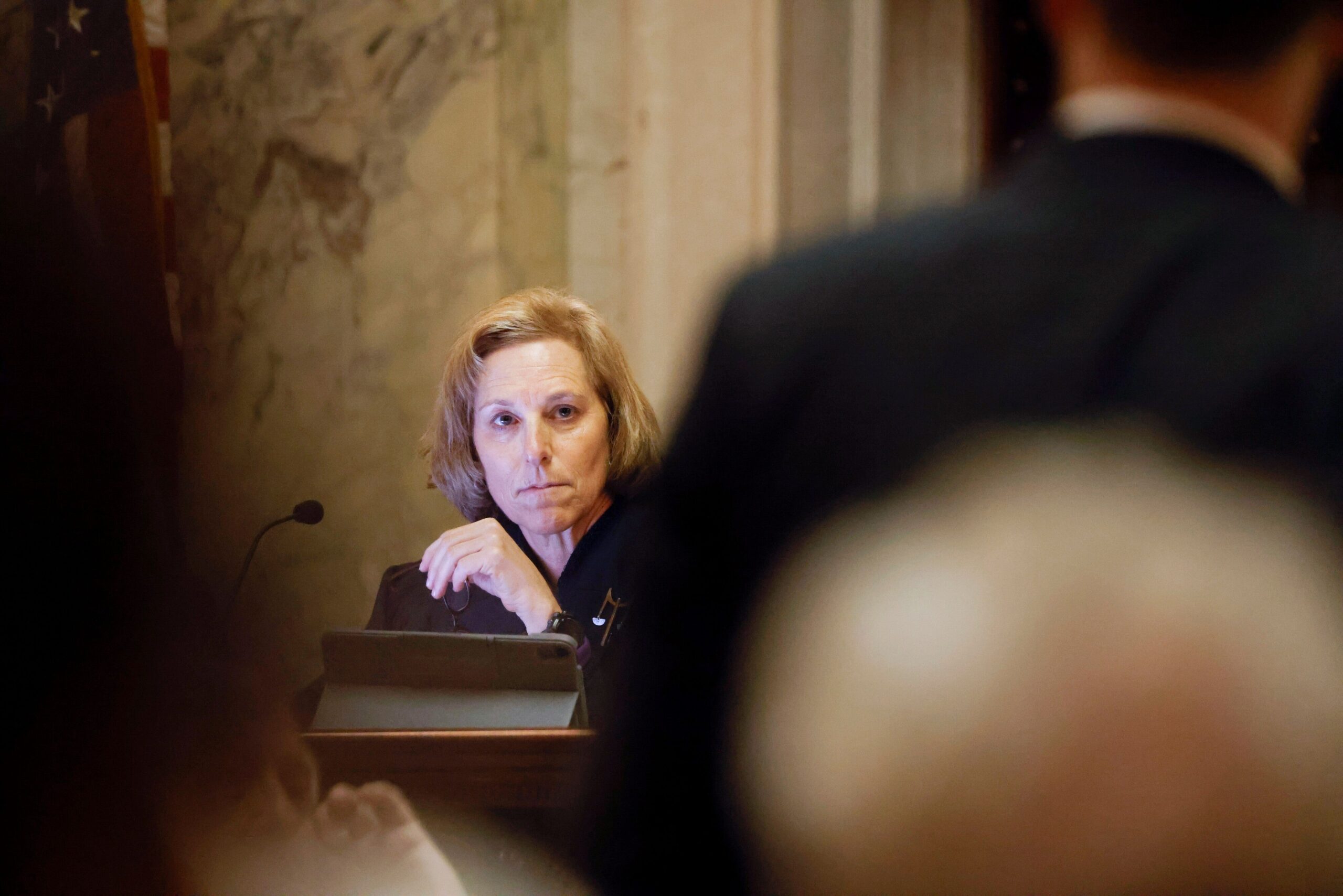
The 19th century law includes an exception for a “therapeutic abortion” done by a licensed physician under the advisement of two other physicians if “necessary to save the life of the mother.”
But that law doesn’t refer to the “health” of the mother, Karofsky noted. That leaves medical providers in a state of confusion and fear about where the legal line lies, she contended.
“I fear that what you are asking this court to do is to sign the death warrants of women and children and pregnant people in this state,” Karofsky said.
At times during Monday’s debate, the court strayed from the legal questions in front of it, conservative Chief Justice Annette Ziegler said.
It’s up to justices to decide whether the law applies to abortion and whether it remains on the books — not to write the laws, she said.
“It won’t answer every question for everyone today,” said Ziegler. “People need to be before the Legislature and ask them to do their job.”

The court also heard arguments Monday from a group of physicians, who are intervening in the attorney general’s lawsuit. One of those physicians is Kristen Lyerly, who lost a race last week for Wisconsin’s 8th Congressional District. Lyerly and the other doctors argue their due process rights would be violated if Wisconsin enforced an abortion ban against medical providers.
Wisconsin’s Supreme Court flipped to a 4-3 liberal majority last year after Justice Janet Protasiewicz was elected by a decisive 11-percentage margin. Protasiewicz made support for abortion rights a centerpiece of her campaign.
Before entering the Supreme Court chambers Monday, members of the public had to walk through metal detectors.
Stephen Kelley, a spokesperson for Wisconsin’s court system, said while metal detectors are not standard operating procedure every time the state Supreme Court holds oral arguments, officials are discussing whether to use them again in the future.
It’s “better to be prepared than not,” Kelley said.
Earlier this year, the Wisconsin Supreme Court agreed to hear a separate lawsuit brought by Planned Parenthood of Wisconsin. Compared to the attorney general’s case, that lawsuit advances a broader challenge to Wisconsin’s 19th century law, arguing that a ban on abortion violates rights guaranteed in the Wisconsin Constitution.
A briefing schedule has yet to be set in the Planned Parenthood case.
A leader of the organization spoke with reporters shortly after arguments, saying that abortions in Wisconsin are legal currently up to 20 weeks of pregnancy.
“Planned Parenthood (is) … open and for all sexual reproductive health care needs, but also for abortion access,” said Planned Parenthood of Wisconsin Chief Strategy Officer Michelle Velasquez. “Unless or until this court says otherwise.”
Wisconsin Public Radio, © Copyright 2025, Board of Regents of the University of Wisconsin System and Wisconsin Educational Communications Board.

